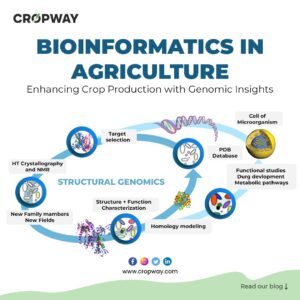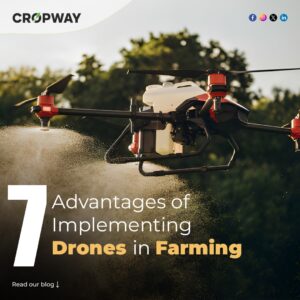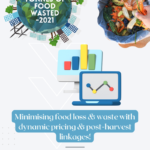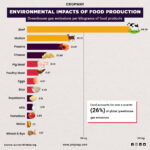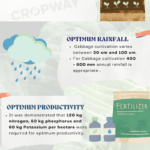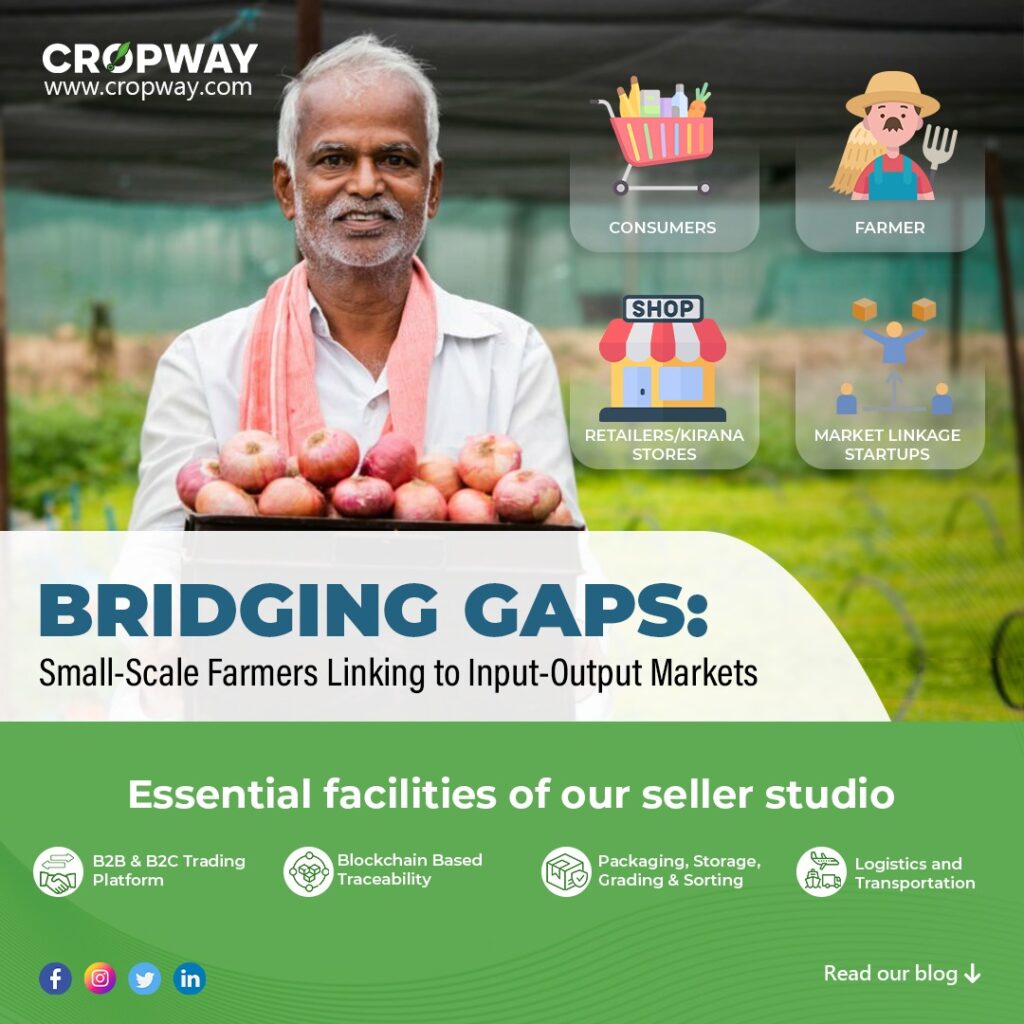
Challenges and Opportunities for Small-Scale Farmers
For the millions of small-scale farmers and pastoralist families, agriculture has been a longstanding challenge. These individuals rely on what they can produce on their own, facing obstacles such as poor soil quality and dependence on rainfall rather than irrigation. Despite these challenges, decades of international investments have introduced new agricultural and financial technologies, coupled with effective development programs, creating unprecedented opportunities for inclusive agriculture-led growth.Small-scale agriculture, encompassing both farming on limited acreage and pastoralism focused on livestock in regions with insufficient rainfall for farming, serves as the primary livelihood for millions of households globally.
Approximately 500 million households engage in small-scale farming, with families primarily producing their main source of food independently. However, these farmers often grapple with small operational size, inadequate agronomic training, limited market access, lack of capital, and weak bargaining positions. Addressing these challenges is essential to integrate small-scale farmers into efficient markets.
Sustaining Livelihoods Through Agriculture: A Global Perspective
Agriculture has consistently played a crucial role in sustaining livelihoods, viewed from a broader perspective. In developing nations, agriculture remains the predominant source of employment, livelihood, and income for a substantial portion of the population, ranging from 50% to 90%. This underscores the pivotal role of agriculture in providing livelihoods and economic opportunities for a significant global population. Moreover, small-scale farmers, herders, fishers, and communities dependent on forests—constituents responsible for over half of the world’s agricultural production—face heightened vulnerability during disasters and crises.
Millions of individuals, particularly in developing countries, rely on staples like cotton, coffee, tea, and cocoa to support their means of living. In rural areas, where three-quarters of the world’s most impoverished population resides , holds the potential to significantly impact lives by elevating incomes, mitigating hunger, and mitigating poverty, making it an essential element of inclusive and sustainable development. Factors such as extreme weather due to climate change, unforeseen events like the COVID-19 pandemic, and persistent conflicts pose significant threats to the stability of agriculture.
Agtech Adoption and Sustainable Food Systems
The theme of “Linking Small-Scale Farmers to Input-Output Markets” is a multifaceted subject within agriculture, exploring various aspects related to connecting small-scale farmers to markets for both inputs and outputs. The value chain approach and the role of Information and Communications Technology (ICT) are crucial in addressing challenges and fostering connections between farmers and markets. While agtech adoption may be gradual, farmers are open to innovation.
Key factors in connecting smallholders to effective markets involve the role of contracts, information, infrastructure, and enabling institutional environments/policies. Cropway, as a key player in this evolution, offers personalized products and business models tailored to the unique needs of small and medium farmers. By leveraging data from various sources, including field-based sensors, satellites, and farm equipment, Cropway ensures seamless integration with the diverse set of solutions already used by farmers.
Empowering Small-Scale Farmers Through Cropway’s Full-Stack Approach
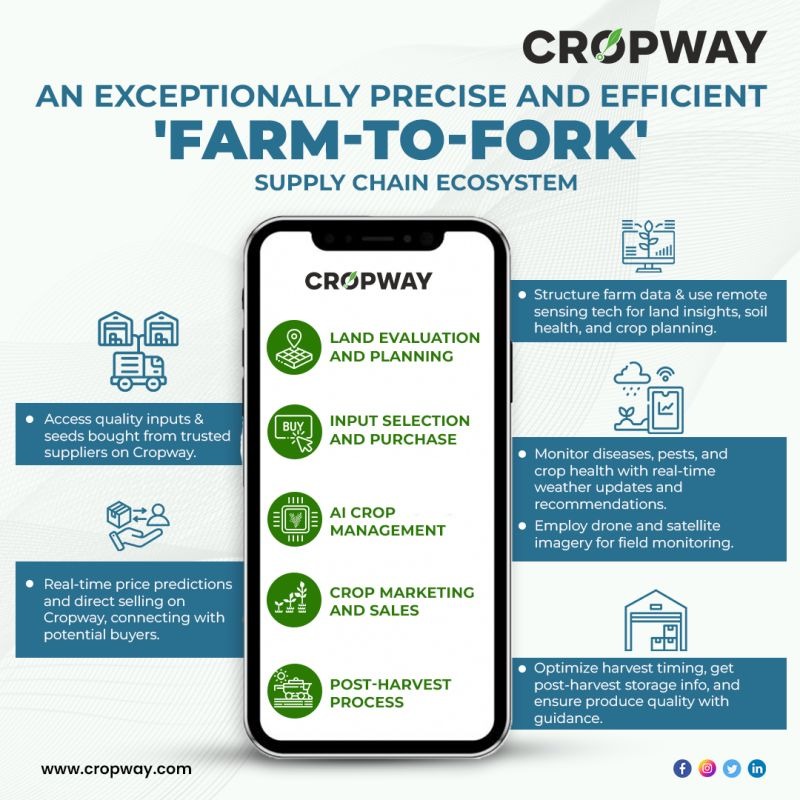
A transition toward sustainable, less resource-intensive food systems is underway, with precision agriculture playing a pivotal role. Cropway goes beyond technology solutions and empowers farmer organizations, facilitating easier engagement and benefits for small farmers in their market linkages. With a comprehensive approach spanning cultivation, processing, and distribution, Cropway serves as a full-stack tech-led supply chain player. The company, through its technology, provides integrated solutions for distribution management, warehouse automation, quality management, farmer engagement, farm management, and enterprise platform implementation globally in the food and agri space.
Empowering Small-Scale Farmers Through Cropway’s Full-Stack Approach
Many farmers lack an awareness of the risks posed by fluctuating prices, often neglecting cost-benefit analysis, lack the resources and technology to get better productivity in their agricultural practices. Consequently, they struggle to determine appropriate investment levels and potential returns.
Cropway gives them access to quality inputs, timely insights on their crop health to monitor pest and diseases. The advent of Cropways digital agriculture holds the potential to tackle numerous global challenges such as increased efficiency, transparency, profitability, and equity. We have also recognized millers, food processors, and supermarkets as valuable partners with varying demand intervals, unlike retailers who operate on a daily or weekly basis. This partnership enables farmers to anticipate market demands prior to harvest.
The collaboration with these partners has yielded significant outcomes:
The primary objective was to empower smallholder and women farmers, fostering economic independence and long-term sustainability, contributing to the establishment of a resilient agricultural ecosystem and sustainable livelihoods.
OBJECTIVE
- Introducing modern agricultural techniques
- Post-disbursement monitoring & advisory services
- Aggregated insights at the plot level
- Strengthening self-help groups and entrepreneurship ventures
- This strategic shift towards crop diversification and sustainable farming practices not only promised improved economic prospects for FPO members but also held the potential to bring about positive changes in the local agricultural landscape.
- Enhanced market linkages for their agricultural produce further contributed to an increase in their income.
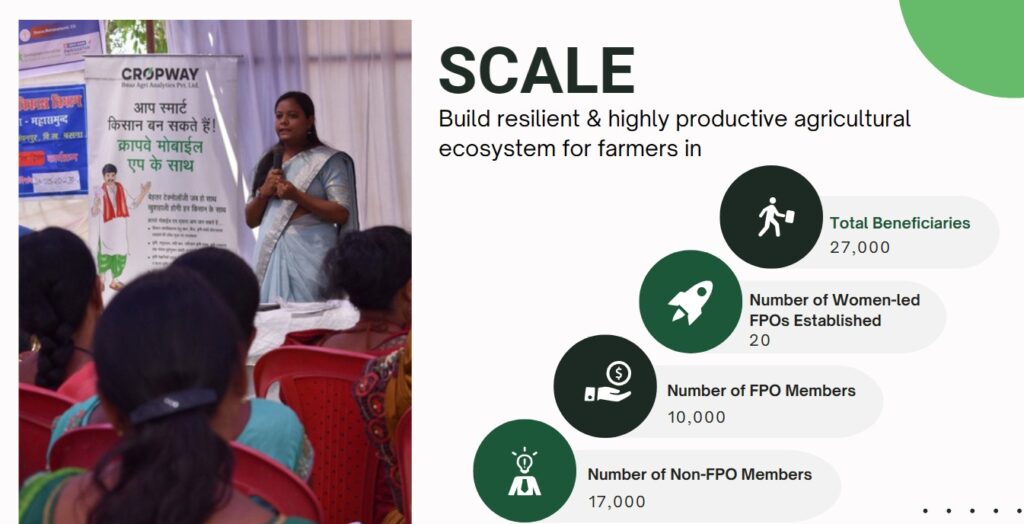
A transition toward sustainable, less resource-intensive food systems is underway, with precision agriculture playing a pivotal role. Cropway goes beyond technology solutions and empowers farmer organizations, facilitating easier engagement and benefits for small farmers in their market linkages. With a comprehensive approach spanning cultivation, processing, and distribution, Cropway serves as a full-stack tech-led supply chain player. The company, through its technology, provides integrated solutions for distribution management, warehouse automation, quality management, farmer engagement, farm management, and enterprise platform implementation globally in the food and agri space.
Conclusion
In conclusion, the complexities and opportunities associated with linking small-scale farmers to input-output markets are thoroughly examined in this exploration, making it a compelling and relevant topic for further analysis within the agricultural sector. This approach promotes transparency and intelligence across the food ecosystem, contributing to a more efficient and sustainable supply chain.


